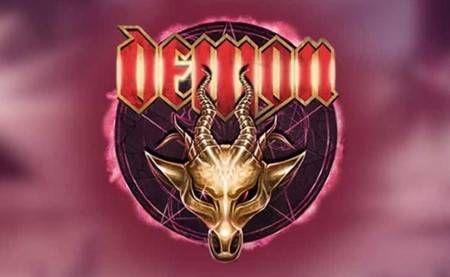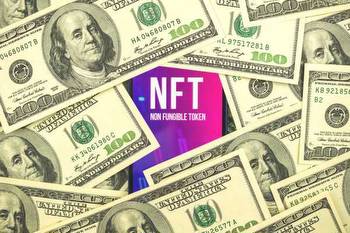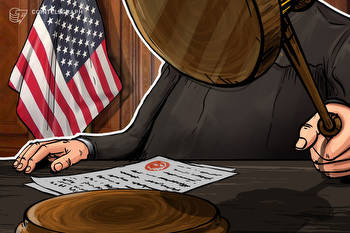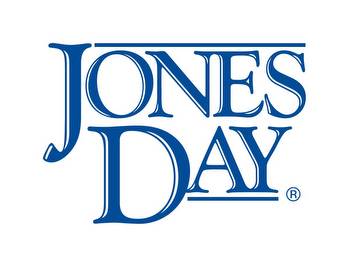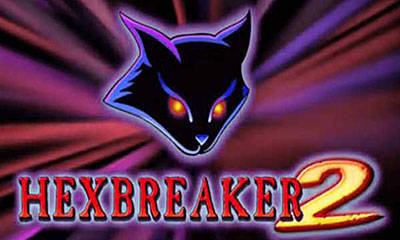Four States Take Enforcement Actions Against Virtual Casino for Allegedly Offering NFTs That Were Securities

State securities regulators in Alabama, Kentucky, New Jersey and Texas filed coordinated enforcement actions on October 20, 2022, against Slotie NFT d/b/a slotie.com requiring the company to stop selling various Slotie non-fungible tokens (NFTs) on the grounds that they constituted unregistered securities. As discussed further below, the NFTs granted holders, among other benefits, a share of revenues in a virtual casino that Slotie promised to build and operate.
These enforcement actions serve as an important reminder of the role of state securities regulators in the Web3 space and marks the second time state regulators have pursued a virtual casino for offering unregistered securities in the form of NFTs. (See our April 20, 2022, client alert “Texas, Alabama Regulators Order Halt to Virtual Casino NFT Sales, Alleging They Constituted an Offering of Securities and Misled Buyers” for our summary of the first action, on Sand Vegas Casino Club.)
Background
Slotie began operations in October 2021 and offered NFTs, referred to as Sloties and Slotie Juniors, that would grant owners, among other benefits, a shared ownership of a percentage of revenue generated through third-party online slot machines and through a decentralized finance (DeFi) gambling metaverse. Ownership of these NFTs would also grant owners access to various cash drawings and lotteries as well as the ability to generate WATTs, a token that could be used to breed Slotie Juniors. Rarer NFTs purportedly entitled owners to a larger share of revenue.
Slotie made various other representations, including that only 5,000 Slotie Juniors would ever be mintable to the public, and another 5,000 Slotie Juniors would be reserved for Slotie holders to breed. According to Slotie’s websites, ownership of a Slotie Junior “literally doubles the profit for the Slotie holder,” and owners of these NFTs would receive plots of land in the SlotieVerse metaverse via airdrop and have the ability to earn revenue through selling, leasing and building casinos on such land or by earning royalties from advertising on the land. According to the state regulators, as of the time the orders were issued, Slotie had not airdropped land to Slotie Junior NFT holders or made land in the SlotieVerse available for sale.
In November 2021, Slotie began using the Slotie and Slotie Junior websites and various Slotie social media platforms to solicit sales of NFTs to raise capital for the development of the SlotieVerse casino. Slotie claimed its Slotie NFTs sold out in under 5 minutes and Slotie Junior NFTs in under 2 minutes, although — according to the New Jersey regulators — there is no evidence of this on the Ethereum blockchain. In April 2022, OpenSea delisted the Slotie NFT collection.
States Issue Emergency Cease-and-Desist Orders
The state orders allege that Slotie is funding internet casinos and a gambling metaverse with the sale of at least 10,000 NFTs in violation of each respective state’s securities laws. Each regulator noted that the NFTs are similar to shares of stock and other equities, constitute investment contracts and certificates in or under profit-sharing agreements and are not registered.
The orders also allege that the company concealed material information, such as information relating to the team of game developers that are listed as the company managers, and the actual and anticipated use of capital raised through the sale of the NFTs. In addition, the orders allege the company failed to disclose a list of significant risks associated with investing in its securitized NFTs. This list of risks is almost identical to the list of risks Texas and Alabama regulators raised in the Sand Vegas Casino Club action as not being disclosed:
- Bad actors may hack or exploit systems and steal NFTs or appropriate digital assets, attempt to impersonate owners of NFTs, create counterfeit NFTs, sell replicas of original NFTs or misuse art tied to NFTs;
- Domestic or foreign governments may adopt legislation or regulations that negatively impact the use, transfer, exchange or price of NFTs;
- NFTs compete with other digital assets, and this competition may negatively impact the price of an NFT;
- The market for NFTs is new and volatile, and the price of an NFT as it relates to fiat currency may greatly decrease over a short period of time, impacting the liquidity of an NFT and its price; and
- Businesses or organizations that issue NFTs may go out of business, declare bankruptcy or cease operations, thereby decreasing the use or value of their NFTs.
The states further charged Slotie with failing to disclose the risks of establishing a metaverse casino, including:
- The failure to successfully market the SlotieVerse metaverse, and the failure to grow or sustain the number of customers, may negatively impact profitability or lead to losses;
- The SlotieVerse competes with physical, virtual and metaverse casinos and may need to significantly invest in technology, research and development and marketing to maintain or increase competitiveness;
- The SlotieVerse competes with other forms of gambling, gaming, entertainment and free-to-play platforms;
- An inability to obtain or retain any necessary licensure may cause casinos in the SlotieVerse to close; and
- Metaverses compete with one another, and this competition may limit the population of each such metaverse and the number of clients of metaverse casinos.
Based on these alleged facts, the authorities in each state concluded in their respective orders that both the Slotie and Slotie Junior NFTs meet the definition of a security under each state’s securities laws, since they were sold to raise capital for the virtual casino business and were neither registered nor subject to an exemption. They also concluded that Slotie made fraudulent misstatements. For these violations, the state orders required them to cease and desist from further violations and denied Slotie exemptions from registration under each state’s securities laws.
Key Takeaways
The enforcement actions serve as an important reminder that companies in the Web3 space need to be mindful of the application of state securities laws to their business activities, and, even where the NFTs being offered are not securities, the importance of disclosing material risks to the purchasers.
Law clerk Lilia Jimenez contributed to this article.







